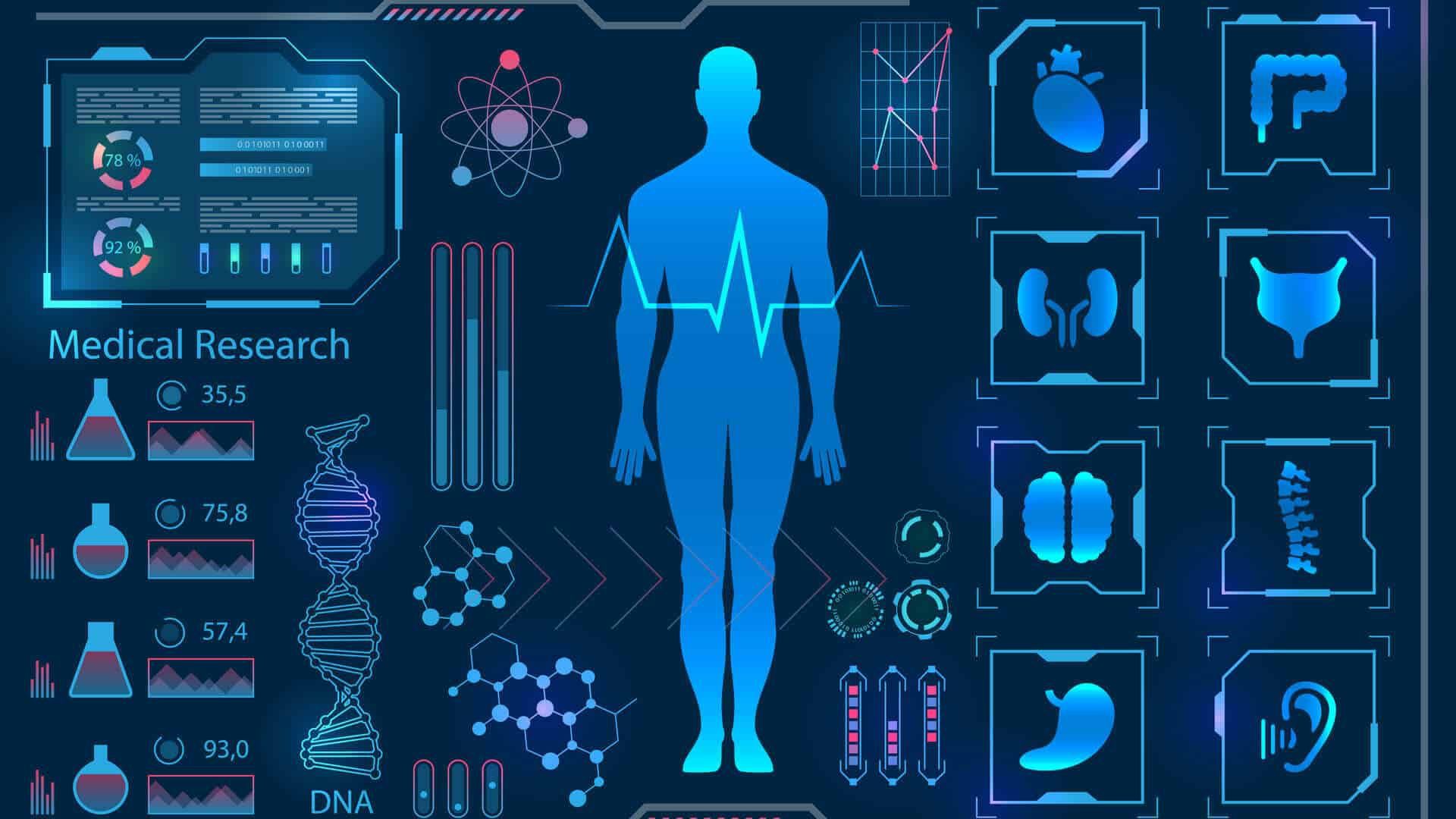Home ➤ Blog ➤ Generative AI ➤ Ethical Considerations of AI in Healthcare

Ethical Considerations of AI in Healthcare
Alec Foster • 2023-01-05
Generative AI, AI Models
The integration of artificial intelligence (AI) in the healthcare industry has the potential to revolutionize the way we approach patient care, but it also carries with it a number of potential risks and benefits.
One such benefit of AI in healthcare is its ability to enhance the precision and speed of diagnoses. Machine learning algorithms can quickly and accurately sift through vast amounts of data, potentially identifying patterns and trends that may evade human detection. This could lead to earlier and more accurate diagnoses, ultimately improving patient outcomes and reducing healthcare costs.
Another advantage of AI in healthcare is its potential to aid in administrative tasks, such as scheduling appointments and processing insurance claims. This could free up time for healthcare providers to focus on patient care and allow them to see more patients in a given day.
However, there are also a number of potential risks associated with the utilization of AI in healthcare. One concern is the potential for AI to perpetuate and amplify biases present in the data it is trained on, which could result in discriminatory decision-making and perpetuate systemic inequality within the healthcare system. Another risk is the potential for AI to make decisions that result in harm to patients, such as incorrect diagnoses or inappropriate treatments.
Additionally, the use of AI in healthcare could lead to the privatization of decision-making, as algorithms may be owned and controlled by private companies. This could create conflicts of interest and further erode the transparency and accountability of the decision-making process.
It is essential for those implementing AI in healthcare to carefully consider these potential risks and benefits and take steps to mitigate any negative consequences. This could include regularly reviewing and auditing the data used to train algorithms to ensure it is not biased, increasing transparency in the decision-making process, and promoting public oversight of the use of AI.
The integration of AI in healthcare holds tremendous potential to transform patient care, but it is crucial to consider the potential risks and benefits of such technology. It is vital that we work to ensure that AI is used in a way that is safe, ethical, and ultimately benefits patients.


